This book provides a historical review of the British colonial dominance and policies adopted in the making of the Gambian state from 1816 to 1965. It also explores how the method of governance employed by the British colonialists affected the socioeconomic and infrastructural development of both colonial and postcolonial Gambia. It is our contention in this book that the British colonizers had taken advantage of native Gambians by making them specialized in the production of raw materials for the benefit of the colonizers' home government as against the benefits of the economy of the indigenous people. For instance, we argue here that the British introduction of Western education through the missionaries was not because they needed Gambians to acquire skill training but to enable them to read and write in order to provide additional manpower to strengthen their grip on the colony. These and a plethora of other factors significantly impacted and continue to impact the post-colonial economic and social ills that have left The Gambia underdeveloped and destitute.

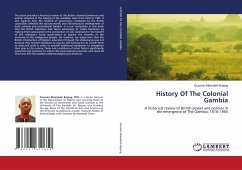
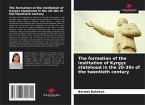

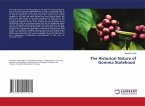
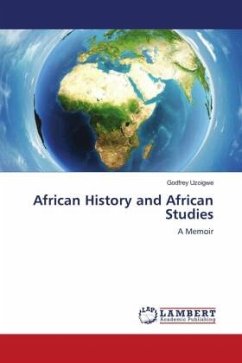

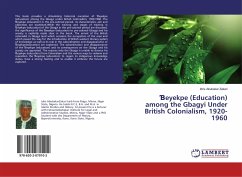
![New Statehood Bill: Hearings Before the Subcommittee of the Committee on Territories [Nov. 12-24, 1902] on House Bill 12543, to Enable the New Statehood Bill: Hearings Before the Subcommittee of the Committee on Territories [Nov. 12-24, 1902] on House Bill 12543, to Enable the](https://bilder.buecher.de/produkte/69/69293/69293234m.jpg)